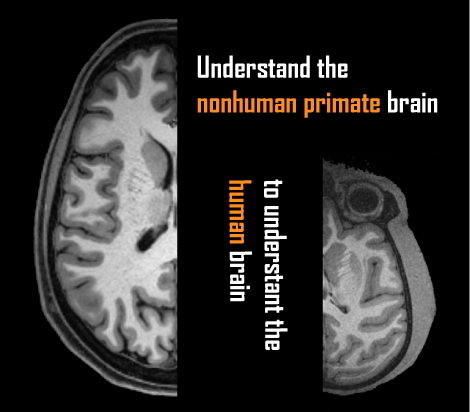Global S&T Development Trend Analysis Platform of Resources and Environment
| Open science : International data exchange for sharing primate neuroimaging datasets | |
| admin | |
| 2018-10-17 | |
| 发布年 | 2018 |
| 语种 | 英语 |
| 国家 | 法国 |
| 领域 | 地球科学 |
| 正文(英文) | The goal of the PRIME-DE1 data exchange is to make primate brain imaging datasets acquired in laboratories available to the entire scientific community. PRIME-DE was created by an international consortium of 22 teamsincluding six from the CNRS, INSERM, and the CEAall working with macaques. Because the brains of macaques are organized so similarly to our own, these animals are crucial to the study of human brain function and pathology. The PRIME-DE initiative, presented in an article published in Neuron on September 27, 2018, should enhance the statistical relevance of acquired data and limit the number of animals used in research.Magnetic resonance imaging (MRI) has become a choice method for brain studies. The noninvasive technique allows for very precise analysis of the organization and functioning (using functional MRI for blood flow measurements) of cerebral structures, and it even enables description of the neuronal networks linking distant regions of the brain.  © ISC / CNRS Explore the data exchange: http://fcon_1000.projects.nitrc.org/indi/indiPRIME.html Download the press release:  Notes:1 For Primate Data Exchange. Bibliography:An Open Resource for Non-human Primate Imaging, Neuron, 27 September 2018. View web site Contacts:CNRS Press Officer l Véronique Etienne l T +33 (0)1 44 96 51 37 l veronique.etienne@cnrs.fr |
| URL | 查看原文 |
| 来源平台 | Centre national de la recherche scientifique |
| 文献类型 | 新闻 |
| 条目标识符 | http://119.78.100.173/C666/handle/2XK7JSWQ/106948 |
| 专题 | 地球科学 |
| 推荐引用方式 GB/T 7714 | admin. Open science : International data exchange for sharing primate neuroimaging datasets. 2018. |
| 条目包含的文件 | 条目无相关文件。 | |||||
| 个性服务 |
| 推荐该条目 |
| 保存到收藏夹 |
| 查看访问统计 |
| 导出为Endnote文件 |
| 谷歌学术 |
| 谷歌学术中相似的文章 |
| [admin]的文章 |
| 百度学术 |
| 百度学术中相似的文章 |
| [admin]的文章 |
| 必应学术 |
| 必应学术中相似的文章 |
| [admin]的文章 |
| 相关权益政策 |
| 暂无数据 |
| 收藏/分享 |
除非特别说明,本系统中所有内容都受版权保护,并保留所有权利。
修改评论